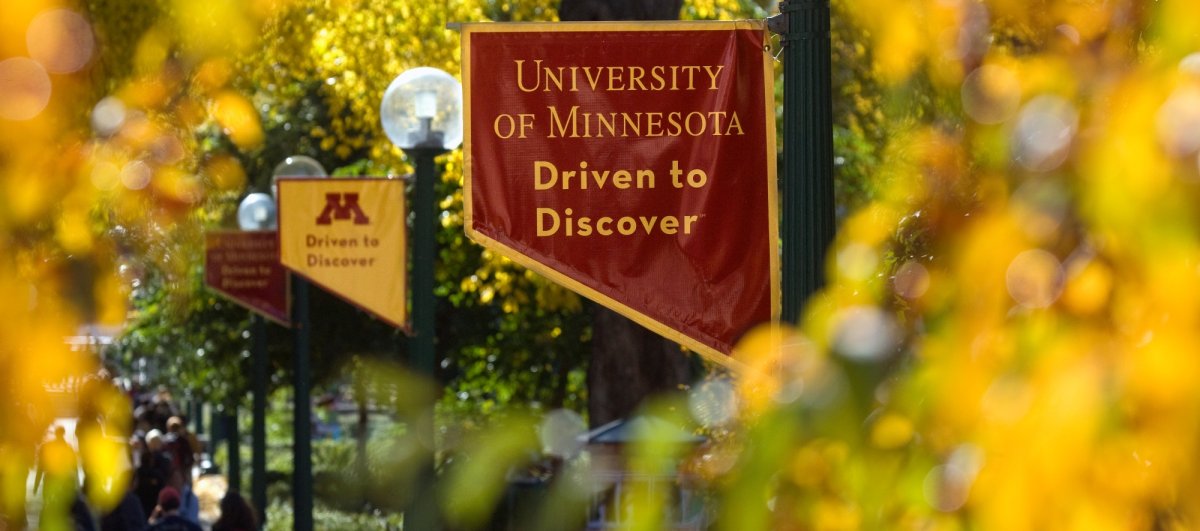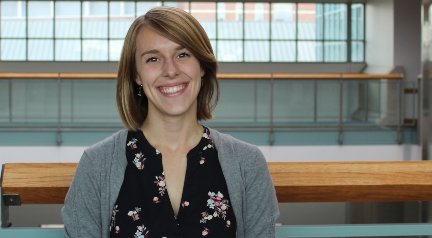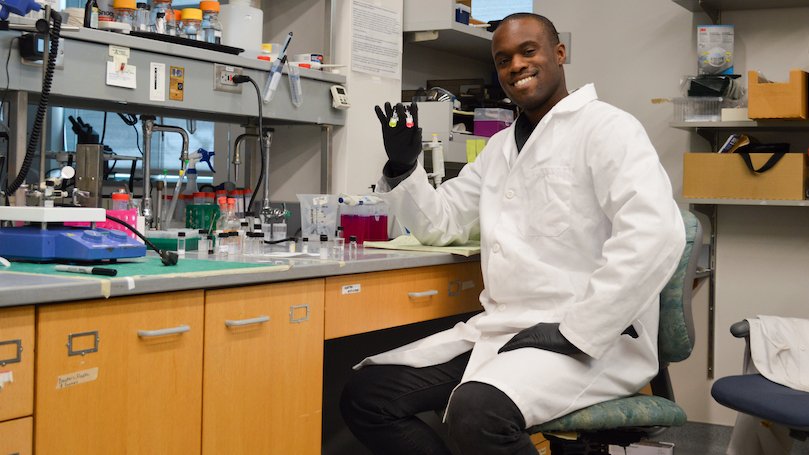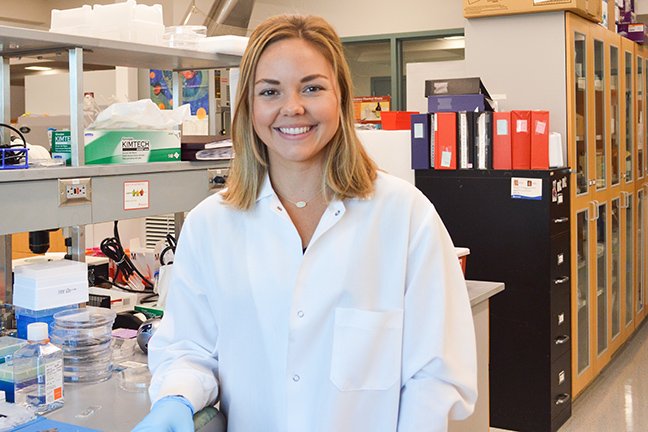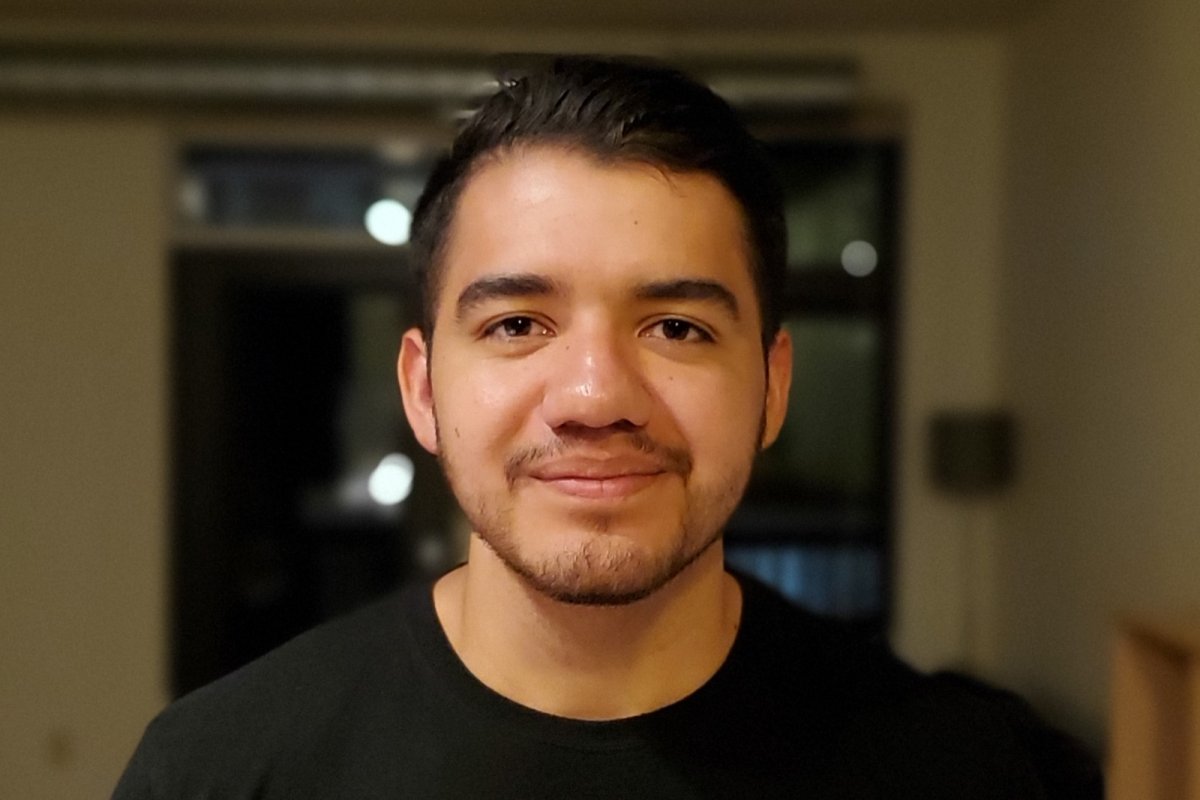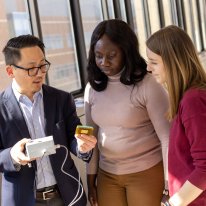
Broad, deep research and training environment
You’ll have the opportunity to work closely with graduate faculty members who span the full spectrum of biomedical engineering.
Our 80+ faculty hail from more than 20 departments as well as our own, which has special research expertise in cardiovascular, neural, and cancer bioengineering.
Early exposure to research
- Our efficient rotation program allows you to make a more informed decision in selecting a lab.
- Three student-driven lab rotations, three weeks each.
- Students join a PhD lab in November.
Coursework tailored to your interests
Our electives-based curriculum allows you to design an individualized program of study, providing optimal flexibility in balancing coursework and research.
A top public research university
The University of Minnesota Twin Cities is a top 10 U.S. public research university with world-class facilities.
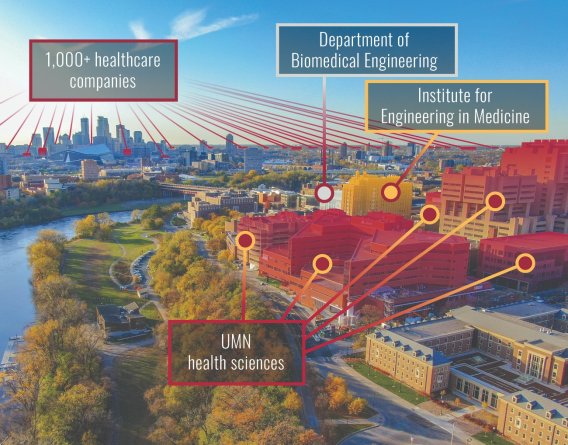
Proximity to engineering, science, and medicine
We’re adjacent to the Medical School and other University of Minnesota science and engineering domains — they’re just steps away and connected by tunnels.
This proximity creates an intellectual environment where there’s:
✓ Interdisciplinary research.
✓ Engineering being applied to fundamental biological questions.
✓ Clinical and translational research collaborations.
A great place to live
The Minneapolis-St. Paul area offers vibrant culture and arts and abundant opportunities to enjoy the outdoors — all at a lower cost of living than cities on the east or west coast.
Fulfilling career opportunities
- Biomedical engineer
- Research and development engineer
- Prosthesis designer
- Medical device designer
- Manufacturing engineer
- Quality control/assurance engineer
- Medical diagnostics
- Rehabilitation engineer
- Physiological systems engineer
An inclusive, close-knit community
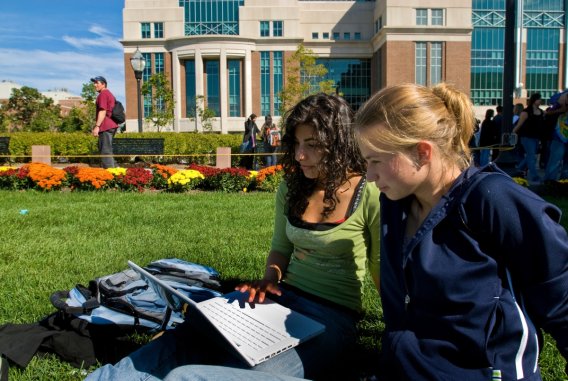
Diversity, equity, and inclusion (DEI) is integral to departmental decision-making, including graduate admissions. In fact, we were among the first Biomedical Engineering departments with a full-time DEI Coordinator.
Students also enjoy:
- A two-tiered peer mentoring program organized by the department.
- Highly engaged student groups.
Benefits and financial support
All full-time PhD applicants (both domestic and international) are automatically considered for financial support, which includes a stipend, health insurance, and full tuition coverage.
+
How support is provided
How support is provided
Students admitted to our full-time PhD program are awarded graduate assistantships that come with:
- A stipend
- Health benefits
- Tuition coverage
Support is provided through a combination of:
- Research assistantships
- Teaching assistantships
- Traineeships with the National Science Foundation (NSF) and the National Institutes of Health (NIH)
+
Competitive fellowships
Competitive fellowships
We have also helped many of our students get:
- Competitive graduate fellowships from NSF, NIH, and American Heart Association (AHA)
- Internal support from the University's Graduate School and College of Science and Engineering. These come in the form of first-year fellowships, dissertation completion fellowships, and interdisciplinary research fellowships.
Meet our students (current and former)
Contact us and more information
Dave Wood
Director of Graduate Studies
dkwood@umn.edu
Erica Ratner
Graduate Program Coordinator
bmengp@umn.edu
